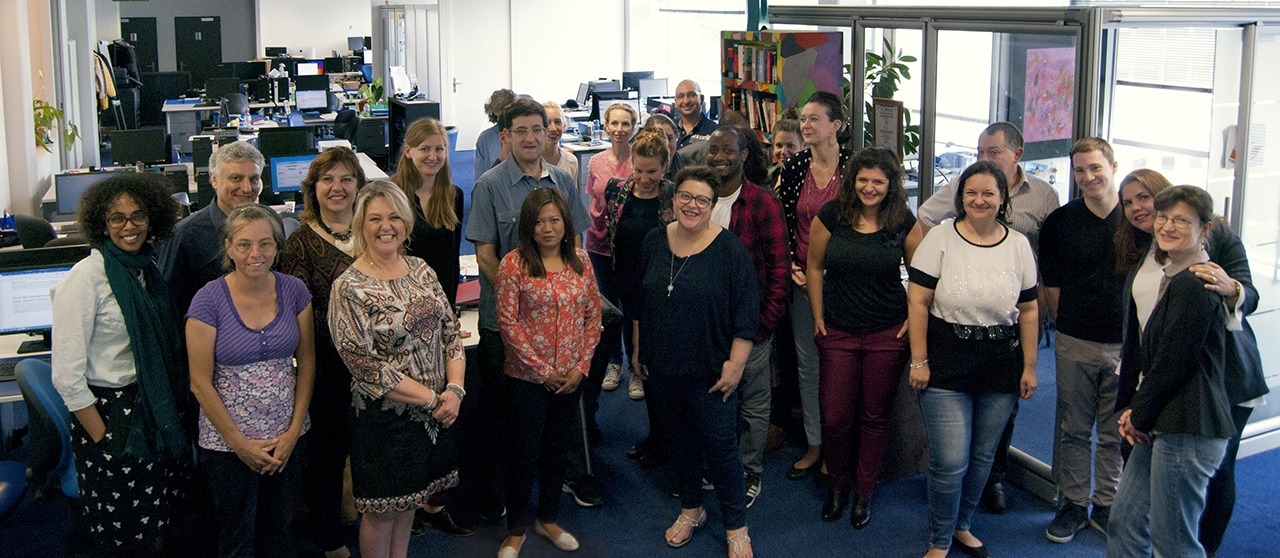

Elvis Presley, some believe, saved more money for the US health care industry than any other individual.
We will explain how later.
First though, let’s talk about cement.
In 2000, the Mexican state Coahuila searched for ways to improve health and reduce poverty in poor villages.
One of the ways they did this was by replacing a home’s dirt floor with cement.
The program, called Piso Firme, improved education levels. Dirt floors carry many diseases, which affect particularly children, stunting their growth and decreasing school attendance.
Concrete floors are easier to keep clean, so kids were healthier and their academic test results improved. Rates of household depression and stress also fell dramatically. It was a massive result from a small change.
People call it ‘the theory of marginal gain.’ If you change things in small positive ways, you get a significant improvement in everything.
Dave Brailsford, who took over management of British Cycling in 2012, used this idea. He sought slight changes in many areas, which altogether brought big massive improvements in performance. As Brailsford said, “It means taking the 1% from everything you do; finding a 1% margin for improvement in every single thing you do.”
Their mantra was “forget about perfection; focus on progression.”
Their philosophy was that weakness provided an opportunity to adapt, and create marginal gains.
These changes included such small attention to details such as teaching cyclists how to wash their hands effectively, thereby decreasing sickness rates amongst riders. The team went on dominate races around the world, and led the cycling medal table at the 2008 and 2012 Olympic Games.
Closer to home, at Genève Servette Hockey Club, Marc Clement also implemented a similar regime through the use of martial arts, which culminated in the club moving up the league table faster than anyone expected. He told GBN that he showed that small details make a huge difference, but was especially surprised by the fact that using the principle of marginal gains “creates a contagious enthusiasm. Everyone starts looking for ways to improve.”
These ideas can be used in one’s professional life too, such as making small improvements in a CV can have big consequences or focusing on how to dress for a job interview can mean the difference between getting a job or not, the small ways that can help you get back into work, or optimize your job search. Or how small changes to the work place could produce large benefits.
And the story of Elvis Presley? In 1956, the polio vaccination rate was only 0.6 percent. On October 28, 1956, Elvis Presley appeared on television, and as a part of a small segment, got a polio vaccine. Within 6 months, the immunization level for polio increased to over 80 percent.
Remember to look out for all the small details you can improve that can make a big difference to your life.
Sources:
For information on marginal gains:
http://ithinklots.com/marginal-gains/
http://www.bbc.com/news/magazine-34247629
Elvis and polio: https://iboostimmunity.com/articles/day-elvis-saved-us-polio
Marc Clement’s website: https://www.beone-coaching.com/